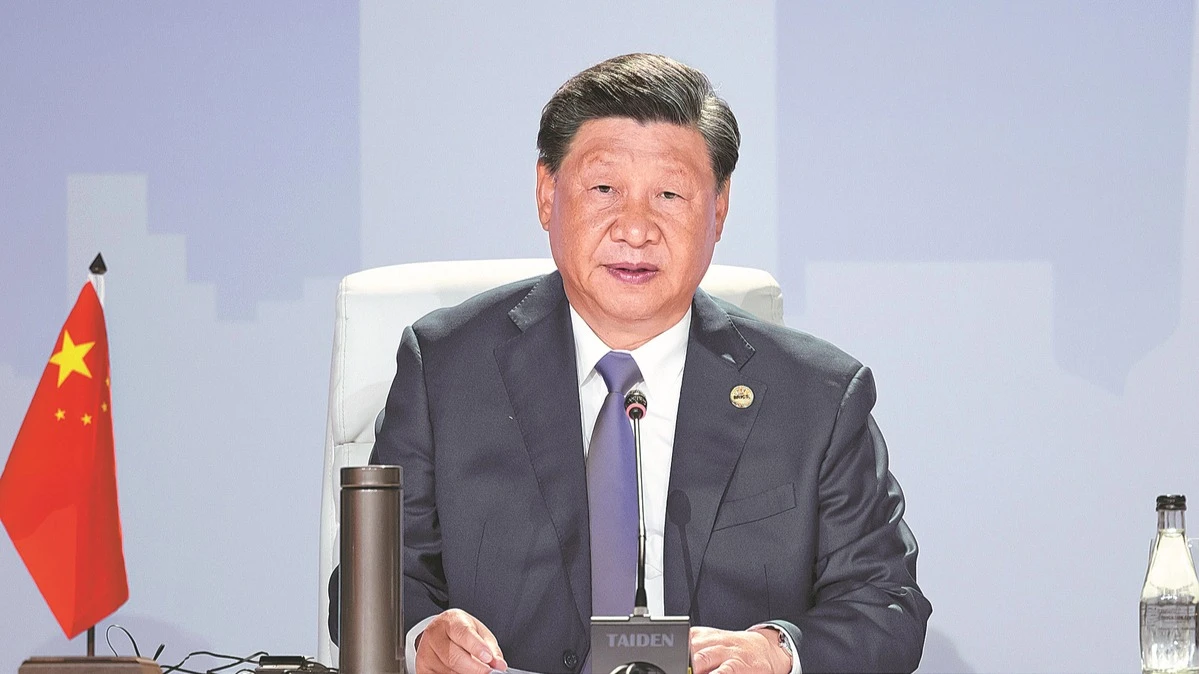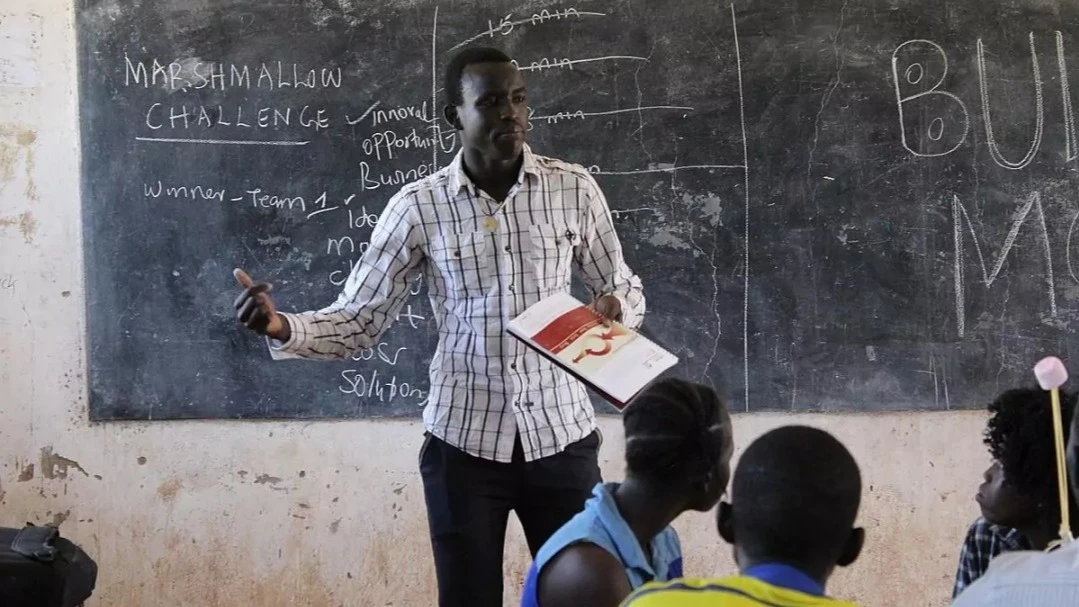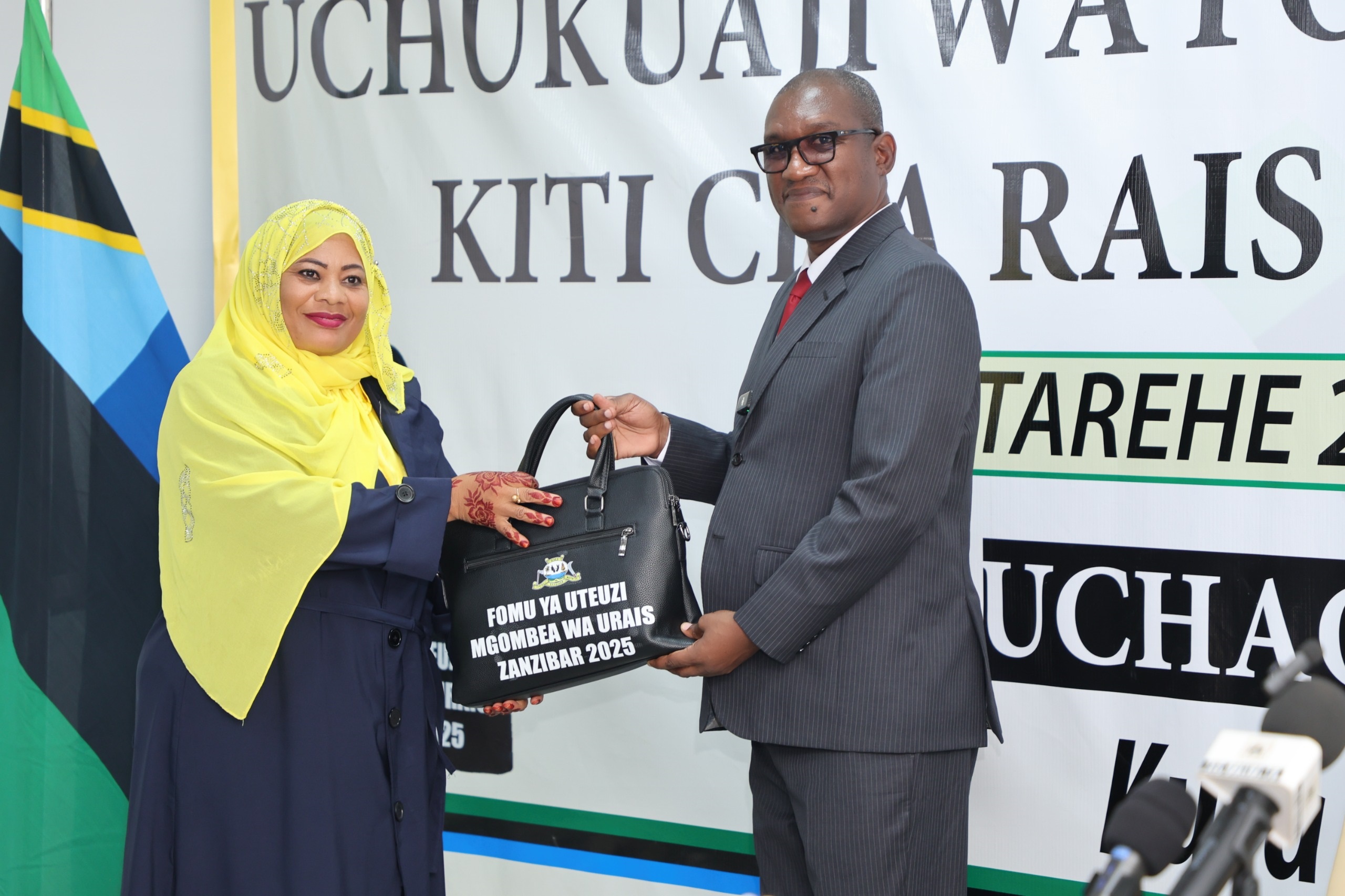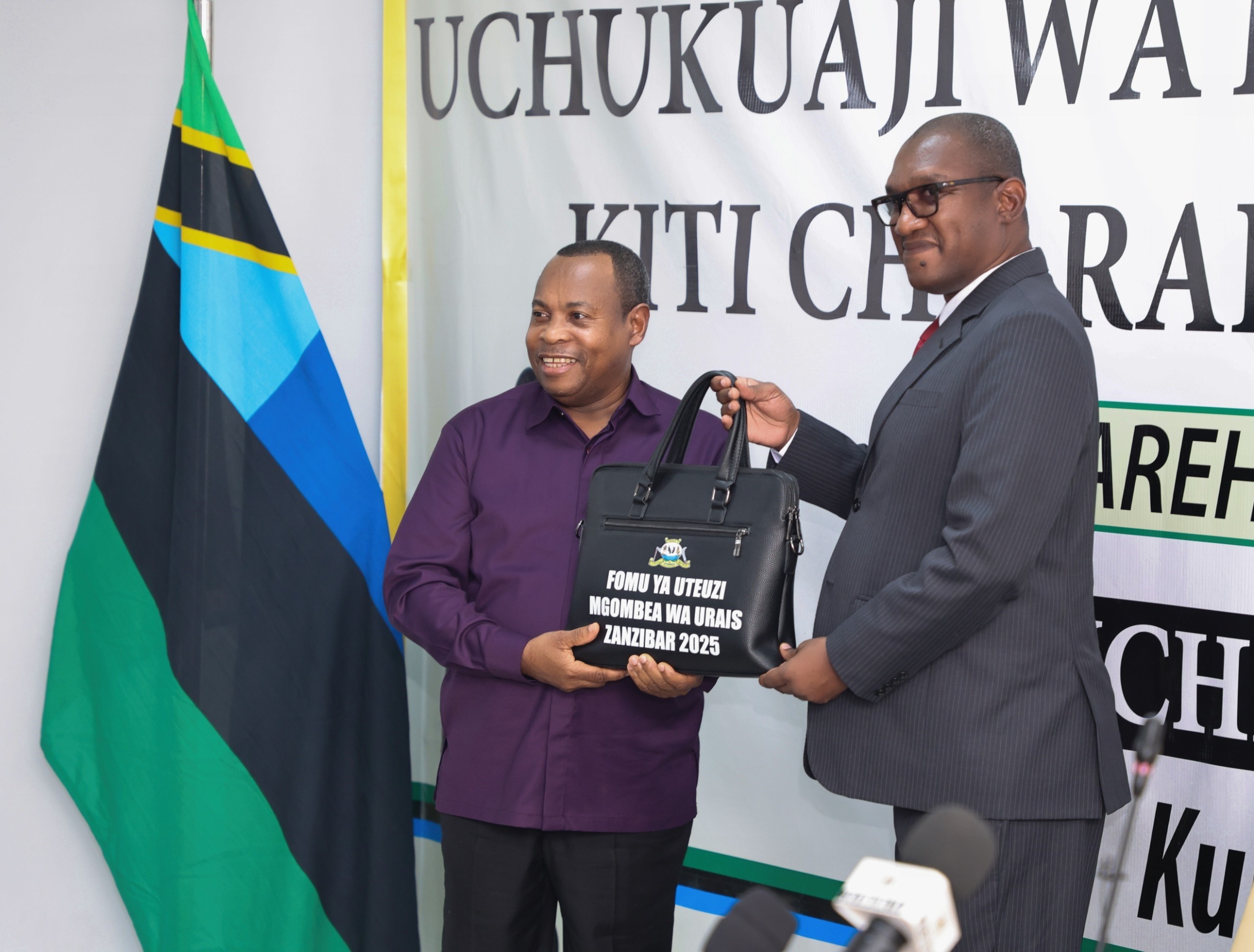Improvement in quality healthcare service delivery is key to achieving UHC goals

The Government of Tanzania has heavily invested in improving the delivery of health care services (data from MOH budget 2023/24 and 2024/25), where new facilities have been built, and equipment and specialities have been introduced.
Noting that the 2024/25 budget of the Ministry of Health highlighted significant progress in strengthening Tanzania’s healthcare system, it is clear that government efforts are yielding tangible results. The number of health facilities has increased from 8,549 in 2021 to 9,693 in 2024—an addition of 1,144 facilities that have brought services closer to the people.
Furthermore, the improvement in access to essential medicines has also improved, with public health facilities increasing stock availability of 290 key medicines and products from 58 per cent to 79 per cent as of March 2024. These milestones underscore a deliberate and sustained government commitment to expanding access and improving the quality of healthcare delivery across the country.
However, while these efforts are commendable, it is important to refocus efforts on ensuring that the services delivered are of good quality. According to the World Health Organisation (WHO), an estimated 5 million people—about 60 per cent of preventable deaths—die annually due to poor quality healthcare, while 3.6 million people—about 40 per cent—die annually because they lack access to care. This data highlights a sobering truth: poor quality care is even deadlier than lack of access. It underscores the urgency of prioritising not just more healthcare, but better healthcare.
As technology continues to evolve at a tremendous pace around the world following the advent of the Fourth Industrial Revolution (FIR), progress in innovation has heightened the urgency for countries to adapt internationally recognised health service delivery mechanisms that ensure every individual has access to quality health care.
This urgency resonates with the global ambition of achieving Sustainable Development Goal (SDG) 3: Ensure healthy lives and promote well-being for all at all ages. Among the top priorities for reaching this target is the realisation of universal health coverage (UHC), which emphasises financial risk protection and access to safe, effective, affordable, and quality essential health services. UHC is not just about coverage—it is about ensuring that healthcare services provided are of sufficient quality to improve the health of those receiving them.
Tanzania is among the countries that have made significant strides towards UHC, particularly with the enactment of the Universal Health Insurance (UHI) Act of 2023. This legislation mandates health insurance coverage for all citizens, aiming to reduce out-of-pocket expenditures while expanding access to quality care. In tandem, the government has invested in modern healthcare infrastructure, deployed state-of-the-art medical equipment, and expanded its pool of skilled human resources to make quality health services more accessible to every citizen—irrespective of geographic or socio-economic background. Such investments are in line with global ambition to achieve Universal Health Care (UHC), part of the government’s efforts to reduce financial barriers in accessing services through the introduction of Universal Health Initiative (UHI), famously known as ‘Bima ya Afya kwa Wote’. This step is a major milestone towards addressing the geographical and financial barriers to accessing health services, hence allowing everyone to access these services.
Recognising the impact of quality care in patient outcomes, quality improvement initiatives have been implemented in many developing countries with mixed results because of three main challenges. For health system managers, it is difficult to get a grip on quality care delivery because lack of insights into the quality care gaps, there are no quality benchmarking available, and there is no clear improvement structure
To address these challenges, PharmAccess has since 2011 developed SafeCare standards and a stepwise improvement methodology to support health facilities, particularly in resource-constrained environments, to incrementally improve the quality of services with a focus on achieving better patient outcomes. PharmAccess has collaborated with Governments and like-minded partners to jointly accelerate and institutionalise quality improvements in healthcare facilities and the health system in general. SafeCare uses internationally accredited standards, and the methodology uses these standards to identify quality gaps and provide technical guidance to address them.
The impact has been tangible. Since its inception, SafeCare has been implemented in 21 countries in Africa, Latin America and Asia, engaged 32 active SafeCare partners and has been implemented in more than 7000 health facilities. In Tanzania, the SafeCare methodology has reached over 1,300 health facilities, addressing critical gaps such as waste management, emergency response guidelines, medication error reporting, risk management planning, and the adoption of pre-operative safety checklists. These interventions not only save lives but also build trust in the health system, encouraging more people to seek care when needed.
Despite increased coverage, there are still challenges in as a majority of facilities have shown a slow pace of improvement, meaning that services provided still pose risks to patient safety and poor outcomes. SafeCare has identified three key barriers that hinder healthcare workers from addressing identified quality gaps as being: lack of guidance in setting priorities, lack of knowledge and motivation to resolve the gaps. The Fourth Industrial Revolution has transformed industries globally, and healthcare cannot afford to lag. Digital health systems, artificial intelligence, and data-driven decision-making now provide opportunities for nations to leapfrog traditional barriers and achieve more inclusive, efficient, and equitable healthcare delivery.
Through the deployment of SafeCare and the use of digital platforms, this approach provides an opportunity to effectively harness mobile and data-driven technology to accelerate quality improvements across all levels of our health system. By standardising assessments, tracking progress in real time, and offering tailored guidance to facilities, these platforms can help to even the most remote clinics and align them with internationally accredited standards of care.
Despite these efforts, the pace of improvement at the facility level still requires attention. This is where a stronger call to action is needed. The government, development partners, civil society, and the private sector must work in greater alignment to address poor healthcare delivery. Resources should be channelled not only into building infrastructure but also into strengthening the systems that ensure safe and effective service provision. Continuous training of healthcare workers, investments in digital health solutions for real-time data tracking, and the establishment of accountability mechanisms are essential in narrowing the quality gaps.
Policymakers must also adopt evidence-based planning by utilising insights from programmes such as SafeCare to make decisions that address the most urgent quality issues. Development partners and donors, on the other hand, should support efforts to institutionalise quality improvement, shifting from short-term interventions to long-term sustainability.
Ultimately, improving healthcare service delivery is a necessity, not an option. It is vital for reducing preventable deaths, building patient trust, and strengthening our health system's resilience. Tanzania’s progress shows that with the right partnerships and deliberate policies, significant advances are achievable. However, the journey remains ongoing.
Most of the gaps in our healthcare quality can be closed if we deliberately collaborate to adopt best practices. By working together—the government, private sector, and development partners—we can ensure that every Tanzanian has access to safe, effective, and quality healthcare. This shared commitment will not only improve patient outcomes but also strengthen our communities' health and pave the way for a healthier future for generations to come.
Dr Peter Risha is the Program Director SafeCare Tanzania
Top Headlines
© 2025 IPPMEDIA.COM. ALL RIGHTS RESERVED






















